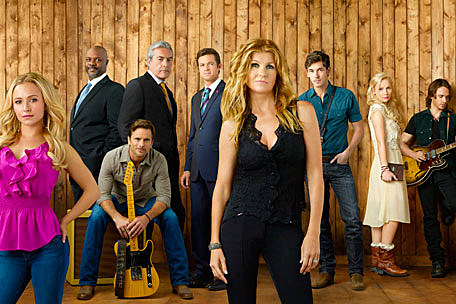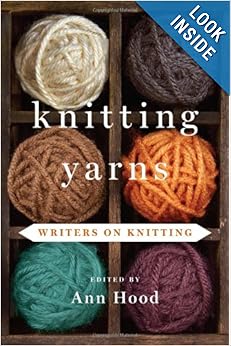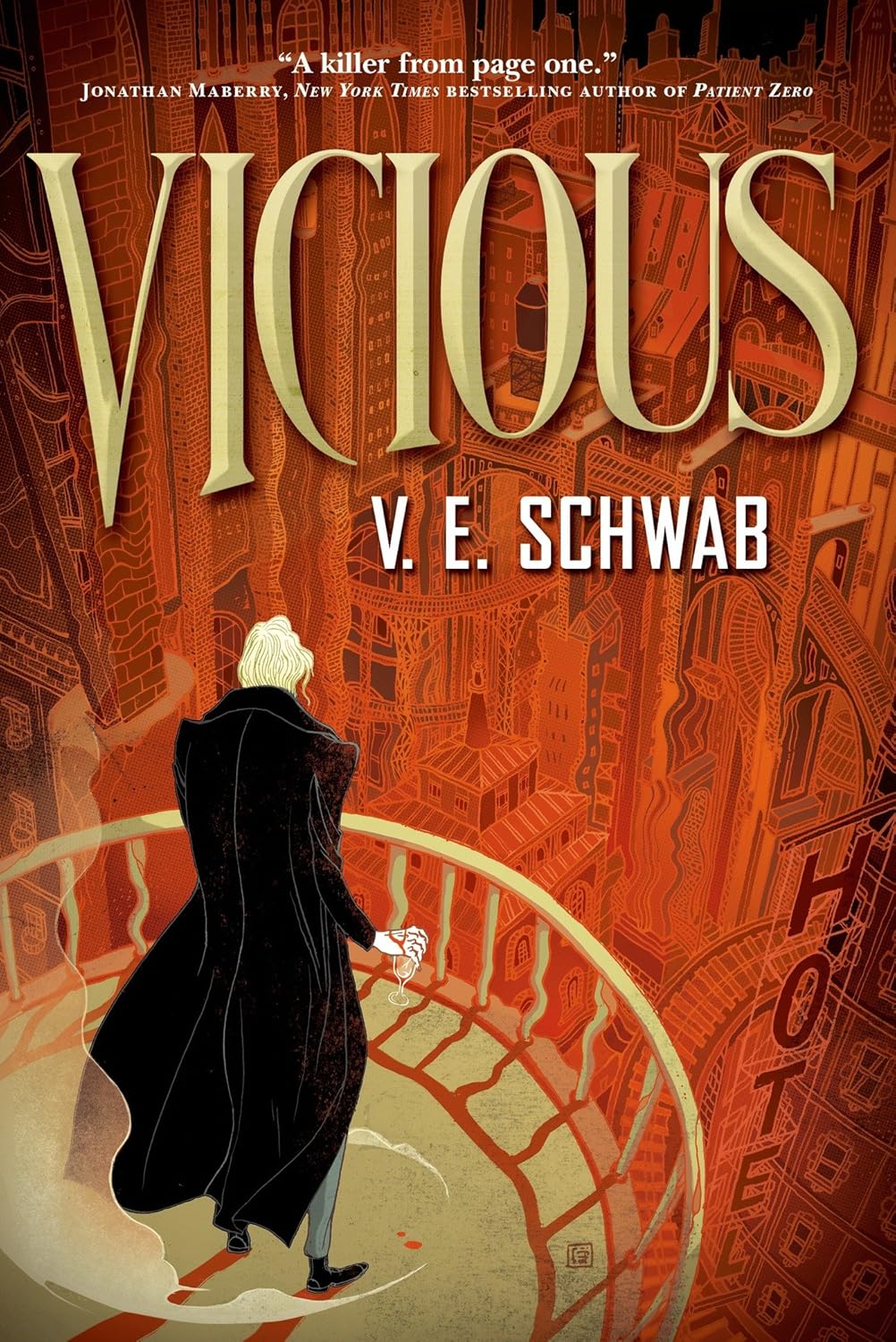 This entry doesn’t have much to do with writing, but it is about narrative, sort of, so.
This entry doesn’t have much to do with writing, but it is about narrative, sort of, so.
I’m giving Spotify a test-drive this month. I used to use Rhapsody, back in the day when I had a desk job and listened to music at my desk all the time, but now that I’m a student and freelancer, I spend less time listening to music while sitting, which is what Rhapsody, and probably, to a lesser extent, Spotify is good for.
I’m also using Spotify as a potential upgrade from Pandora. Pandora stations do tend to get repetitive, but I like that you can put more than one song or artist in as a seed. Spotify only allows one artist or song, or you can listen to their stations, which can be interesting, but over which you have less control. And I haven’t put together my own playlists yet, because I’m lazy.
Which brings us to: I was listening to Spotify’s 2013 CMA country station/playlist. Now, I like country, but I like a particular subset of country: country sung by women, or the occasional mixed group like Lady Antebellum and Gloriana. I tend to prefer female voices in almost all musical genres.
And I forgot that I definitely, definitely, definitely prefer the types of country songs sung by women. It doesn’t matter if it’s classic country, crossover, blues, or bluegrass, the songs that women sing are much more likely to have subject matter that doesn’t seriously annoy me.
Because country songs that men sing, especially current, popular songs, seem to be overwhelmingly about proving the singer’s bona fides as a country man. He doesn’t want to take you out to dinner! He wants to take you out in the woods and catch you some catfish! And bang by the fire! He’s a redneck! He doesn’t hold with cities! He’s all about his truck! And if it weren’t all the time, it wouldn’t bug me, but so many of the songs seem like culture war sallies. There’s almost no difference between the message of “That’s My Kinda Night” by Luke Bryan, “Boys ‘Round Here” by Blake Shelton and even “There’s A Little Bit Of Redneck In All Of Us” (which is at least funny, so I mind it less). But they’re all about drawing lines between “real” Americans who are rednecks who like trucks and everyone else, presumably latte-sipping, sushi-eating, city-dwelling liberals.
Women’s songs are more often about love and girl power and leaving home and more universally human things, even if they are in a country setting. I want to hear the men sing about their woman left them and their dog left and they lost their job, like they used to. I want to hear them tell specific stories. Give me Allison Moorer’s mournful ballads, Taylor Swift never ever getting back together, Bonnie Raitt’s everything, Emmylou Harris going from Boulder to Birmingham, or Mary Chapin Carpenter feeling lucky. They have individual personalities and stories.
That’s one of the reasons I’ve been enjoying the songs from the TV show
 Last night I went to a reading/conversation at The Center For Fiction for
Last night I went to a reading/conversation at The Center For Fiction for  Actually, it started earlier than my 20s. Darth Vader was the best. Of course, the Alliance had to win, and I would have been pissed if they didn’t, but Darth Vader’s redemption arc was the most interesting thing to me about the original Star Wars trilogy. (And let’s not talk about the other movies. I like to pretend they don’t exist.)
Actually, it started earlier than my 20s. Darth Vader was the best. Of course, the Alliance had to win, and I would have been pissed if they didn’t, but Darth Vader’s redemption arc was the most interesting thing to me about the original Star Wars trilogy. (And let’s not talk about the other movies. I like to pretend they don’t exist.) What I’m Reading Right Now:
What I’m Reading Right Now: What I’m Reading Now:
What I’m Reading Now: What I’m reading right now:
What I’m reading right now: In many ways, Don Jon is the most romantic movie I
In many ways, Don Jon is the most romantic movie I